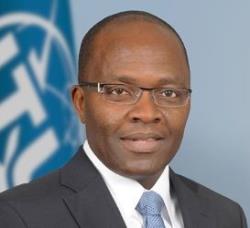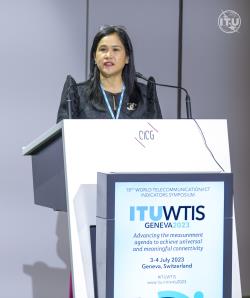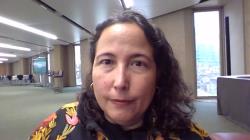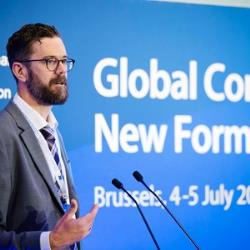Measuring ICT for development: the importance of data and statistics in the implementation of the WSIS and the Global Digital Compact
Partnership on Measuring ICT for Development
Session 328
This session will build on the session at the WSIS+20 Forum High-Level Event in 2024, with a forward-looking discussion linking the work of the Partnership on Measuring ICT for Development to the implementation of WSIS action lines and the outcomes of the Summit of the Future. The discussion will consider the context of the WSIS+20 Review.
In 2025, the Partnership intends to conduct a quantitative assessment of WSIS+20 action lines implementation (a similar report was prepared by the Partnership for the WSIS+10 Targets Review in 2014). At the same time, the Partnership also must reflect on the role of ICT measurement to support the implementation of the Global Digital Compact, and proposes a mapping exercise of the current core ICT indicators and both the WSIS Action Lines and the GDC that could also identify areas that are not currently covered. The Partnership can significantly contribute to the discussion of indicators related to the assessment and monitoring of the GDC.






-
 C2. Information and communication infrastructure
C2. Information and communication infrastructure
-
 C4. Capacity building
C4. Capacity building
-
 C6. Enabling environment
C6. Enabling environment
-
 C7. ICT applications: benefits in all aspects of life — E-government
C7. ICT applications: benefits in all aspects of life — E-government
-
 C7. ICT applications: benefits in all aspects of life — E-business
C7. ICT applications: benefits in all aspects of life — E-business
-
 C7. ICT applications: benefits in all aspects of life — E-health
C7. ICT applications: benefits in all aspects of life — E-health
-
 C7. ICT applications: benefits in all aspects of life — E-employment
C7. ICT applications: benefits in all aspects of life — E-employment
-
 C11. International and regional cooperation
C11. International and regional cooperation
-
 Goal 4: Ensure inclusive and equitable quality education and promote lifelong learning opportunities for all
Goal 4: Ensure inclusive and equitable quality education and promote lifelong learning opportunities for all
-
 Goal 5: Achieve gender equality and empower all women and girls
Goal 5: Achieve gender equality and empower all women and girls
-
 Goal 8: Promote inclusive and sustainable economic growth, employment and decent work for all
Goal 8: Promote inclusive and sustainable economic growth, employment and decent work for all
-
 Goal 9: Build resilient infrastructure, promote sustainable industrialization and foster innovation
Goal 9: Build resilient infrastructure, promote sustainable industrialization and foster innovation
-
 Goal 13: Take urgent action to combat climate change and its impacts
Goal 13: Take urgent action to combat climate change and its impacts
-
 Goal 17: Revitalize the global partnership for sustainable development
Goal 17: Revitalize the global partnership for sustainable development